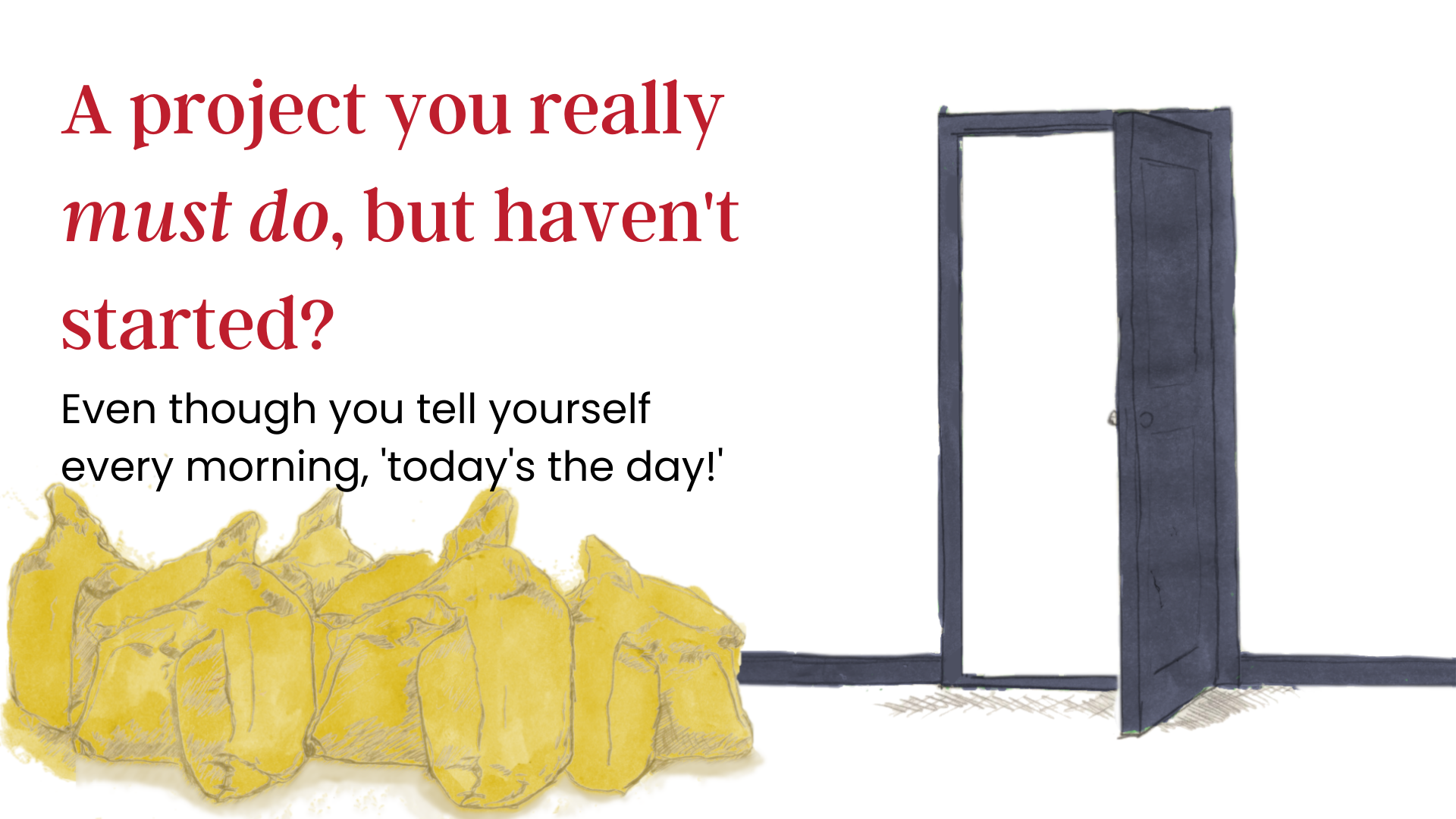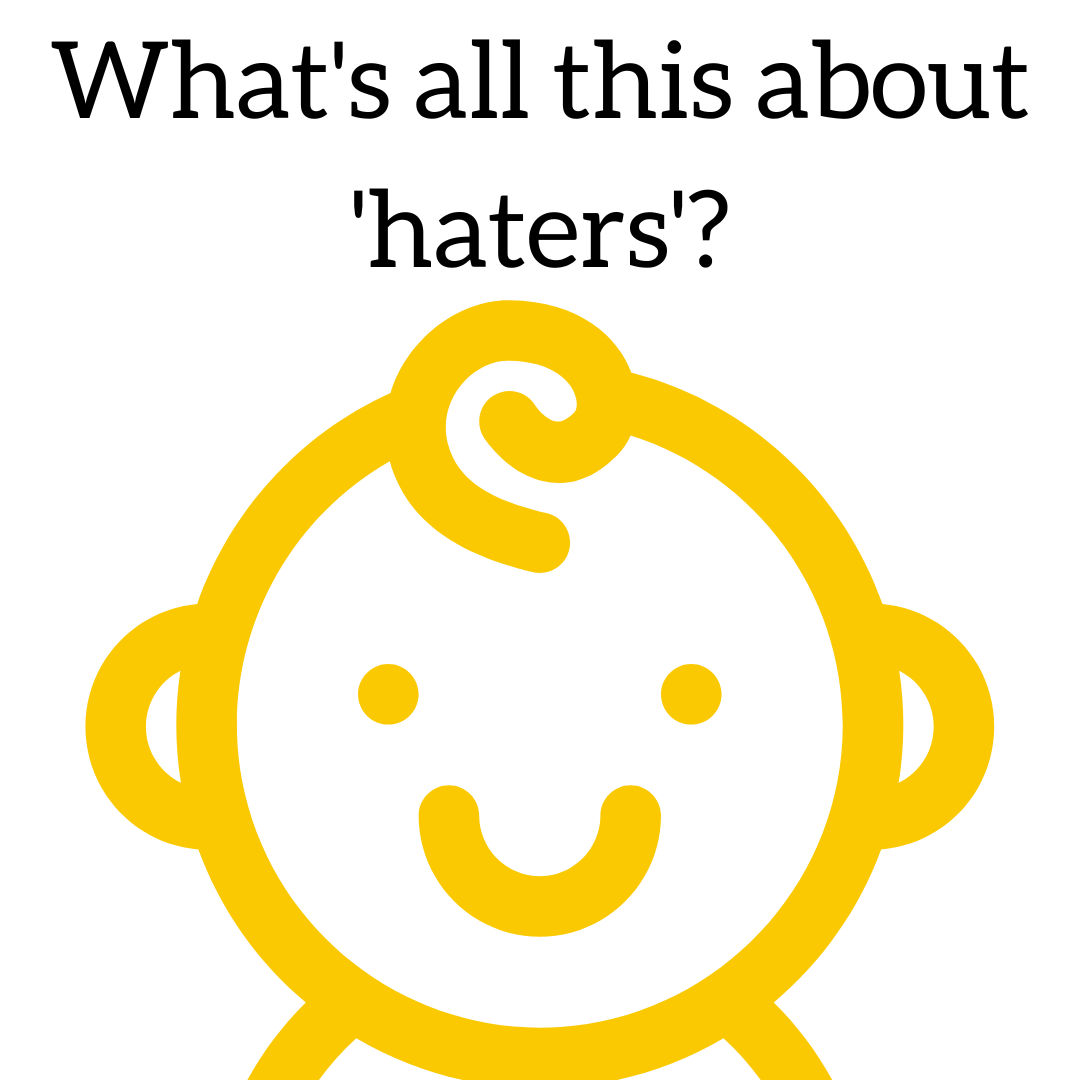
Procrastination is a Concept. Here’s a New Way to Think About It.
5 June 2022
Thoughts? So what?
7 June 2022
Low moods are intended to get the attention of other people.
Whether we find it easy to admit or not, the quickest way to come out of one is to be with another person …
… one whose company we find pleasurable, and reciprocal.
Some of us easily ask for help when we need it. Those who need it most often find it hardest to ask for it.
Connection is the first step in any transformative relationship.
But in the therapy and coaching fields, we have a dilemma. People who are experiencing these states have an impact on everyone else around them, and it’s not usually an uplifting one.
They also have an impact on us.
When space probes go to Jupiter, they can’t get too close to this magnificent planet. If they do, they will be crushed by its atmosphere and the extraordinary gravitational force such a large mass exerts.
Back in the 90s, and maybe even into the 2000’s, I was the Jupiter. I was one of those people. I was aware of it, I didn’t like it, but I was clueless about what I could do about it.
People didn’t want to be around my mood, and I knew that (most people with depression are painfully aware of this). This made everything worse.
As therapists and coaches, our job is to free our clients or from this painful, despondent state. We intend that they leave the session feeling brighter, supported, heard, understood and optimistic.
But we can’t do that without building a robust connection with the client.
The conventual way to do this is to use empathy.
To be empathic, we would think back on our own experience of depression, and use that to imagine how things are for the client. As we do this, we risk being captured by the gravitational force of depression. We are flying too close.
(Plus we’ll be with our own experience rather than the client’s).
The solution: We connect the client to us, and not the other way around.
We listen closely to what they tell us. We make sure that both of us know that we’ve understood exactly what has been going on for them.
Then we lead the session. Everything we do is effect-driven, meaning it’s done with the intention of uplifting the client and clearing the depression.
This requires considerable skill. But it does not require empathy. It takes 1000s of hours of training and practice to become an effective in this kind of facilitation.
The client connects to us, we don’t connect to them. Imagine how freeing this is for them?
They don’t have any responsibility for the outcome of the session. That is all down to the facilitator.
Nor do they have to worry about the impact they are having on the therapist. I used to worry that my therapist was bored, and I am sure she was, I was bored too.
This is Rapid Resolution Therapy (The Institute for Rapid Resolution Therapy, Inc.). It works, and it is unlike anything you will ever have experienced.



